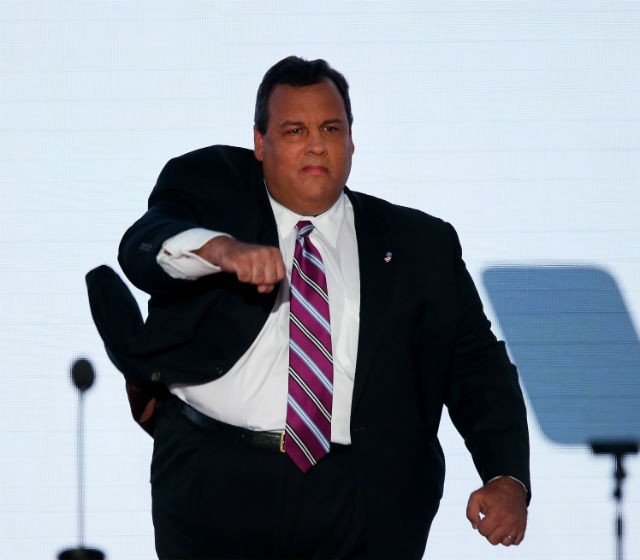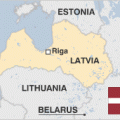
Hope on the Horizon Despite Drop in New Jersey’s Poker Performance
New Jersey’s online poker economy took a hit in November with year-on-year revenue dropping by 13.1 percent.

Despite a drop in online poker revenue, Chris Christie is confident new moves can help strengthen the economy. (Image: vibe.com)
The latest figures from the New Jersey Division of Gaming Enforcement (NJDGE) have shown that online casino gaming is still keeping the industry afloat.
Looking at the raw data, online poker revenue hit $1,809,799 in November 2017, which was $273,843 less than the same period in 2016.
Leading the way with $693,463 in revenue was Resorts Digital Gaming and its flagship poker site, PokerStars NJ. While the Garden State’s other two poker licensees, Caesars Interactive and the Borgata, didn’t do markedly worse, revenue was still down.
Casino Profits Continue to Thrive
In contrast to poker, online casino revenue was up 24.6 percent year-on-year to $18,800,417. Overall, despite the fall in poker rake, the total internet gaming win for New Jersey in November was $20,610,216 or 20 percent higher than in 2016.
Although online casino games have traditionally generated more revenue than poker, the disparity in New Jersey is mainly due to the number of options for players. As it stands, only three out of five licensees offer online poker.
However, there may be some hope on the horizon. PalaPoker.com, which operates under the Borgata license, came out of Beta testing at the start of December. While its current roster of is weekly guaranteed tournaments isn’t huge, it does include the “MEGA” series with prizepools totaling $6,000.
New Sites, New Innovations
In addition to a new site joining the mix, New Jersey Governor Chris Christie signed a liquidity sharing deal with Delaware and Nevada in October. Although this innovation is yet to fully take hold, it’s expected the coalition will see prizepools increase in all three states.
“Pooling players with Nevada and Delaware will enhance annual revenue growth, attract new consumers, and create opportunities for players and Internet gaming operators. This agreement marks the beginning of a new and exciting chapter for online gaming,” Christie said in an official press release.
Another potential positive for New Jersey’s online poker sites could be the evolution of sports betting within the state. New Jersey’s long running battle to overrule the Professional and Amateur Sports Protection Act (PASPA) took a positive step forward at the start of December.
After getting his case heard by the Supreme Court, Christie found support for his contention that PASPA violates the Tenth Amendment. Although a decision is pending, the right outcome would essentially give New Jersey the power to invoke the state’s right not to be mandated by federal law.
If sports betting was able to flourish in the Garden State, it would not only create a new revenue stream for operators, but attract more consumers who may then decide to play poker.
So, while a drop in poker revenue certainly isn’t ideal, there are enough innovations on the horizon that could help turn things around as we move through 2018.















0 Comments